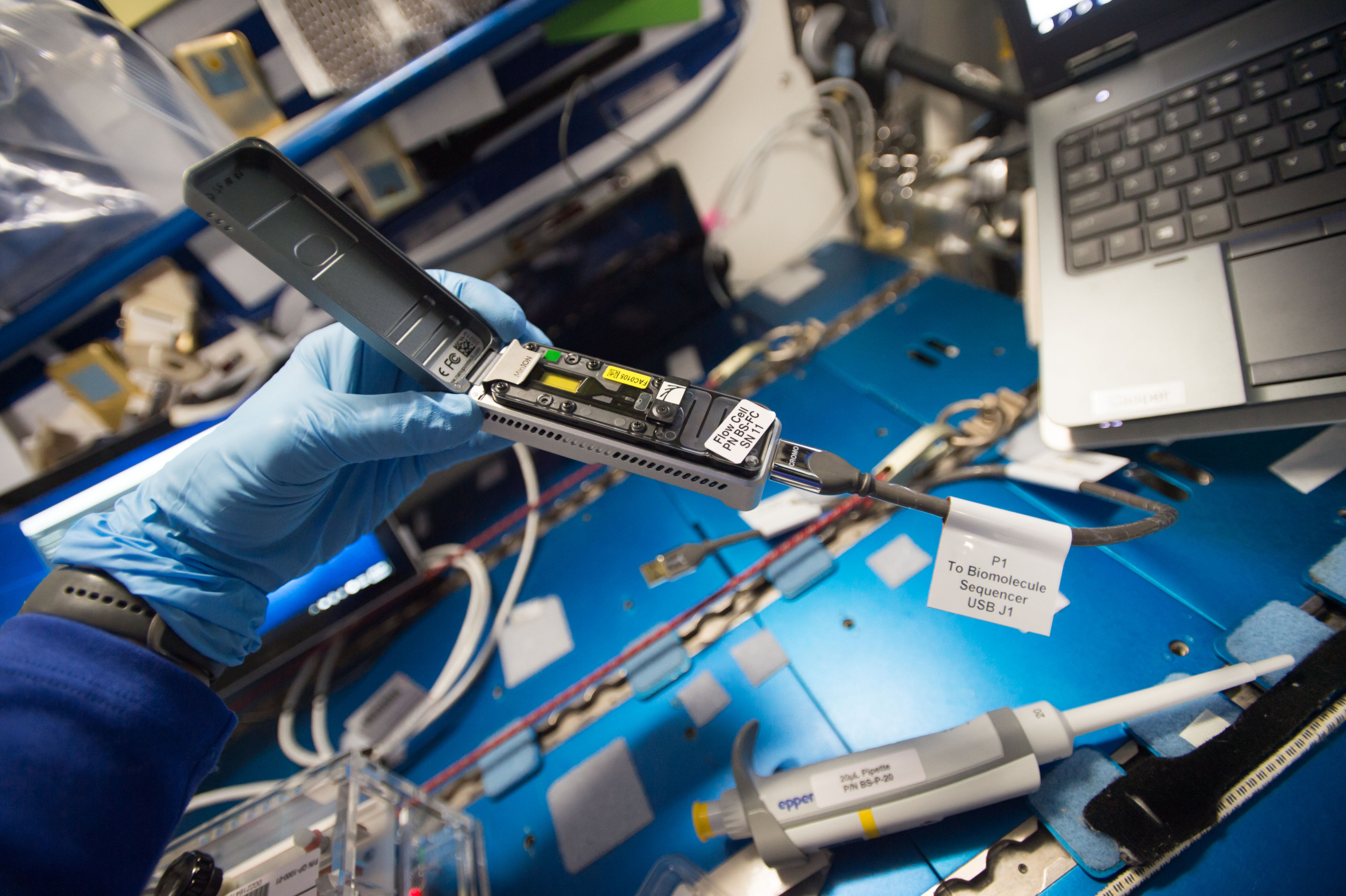
Revolutionizing Space Health: Starburst Aerospace’s New Accelerator Program Brings Together NASA, Microsoft, and Entrepreneurs to Advance Human Space Exploration
Starburst Aerospace has launched a new accelerator program, SPACE-H, with the support of NASA and Microsoft, aimed at developing commercial technologies that will allow for more human activity in space and create revenue opportunities in terrestrial markets. Entrepreneurs looking to address health issues in space should take note of this initiative.
Elizabeth Reynolds, managing director at Starburst leading the accelerator, highlighted the challenges of health and performance in space tourism, lunar exploration, and missions to Mars. She emphasized the need for autonomous health and performance monitoring systems that can cater to a broader range of human genetics and behaviors. Currently, space health data is limited to the approximately 650 individuals who have traveled to space, many of whom have similar health profiles due to their selection for the astronaut program.
Dr. Rihana Bokhari from the Translational Research Institute for Space Health (TRISH) expects that autonomous remote medical care for astronauts will also benefit rural healthcare on Earth. The accelerator is interested in companies that are developing autonomous systems for monitoring astronaut health, as well as compact medical devices, unique sensors, computational biology projects, and novel pharmaceutical manufacturing techniques to improve space health.
Juan Carlos López, a former NASA engineer now working at Microsoft, expressed interest in start-ups that utilize data with predictive artificial intelligence. Participants in the accelerator will have access to free computing in Microsoft’s Azure cloud, mentorship from experts and investors in space technology industries, providing a valuable opportunity for innovative companies looking to advance space health technologies.
The SPACE-H accelerator aims to provide entrepreneurs with the resources they need to develop commercial technologies that will allow for more human activity in space while addressing current limitations on our ability to monitor and maintain human health during long-duration missions. By supporting start-ups focused on improving space health technologies through autonomous remote monitoring systems and predictive analytics tools, we are one step closer to making it possible for humans to explore beyond our planet’s boundaries without sacrificing their wellbeing or safety.
